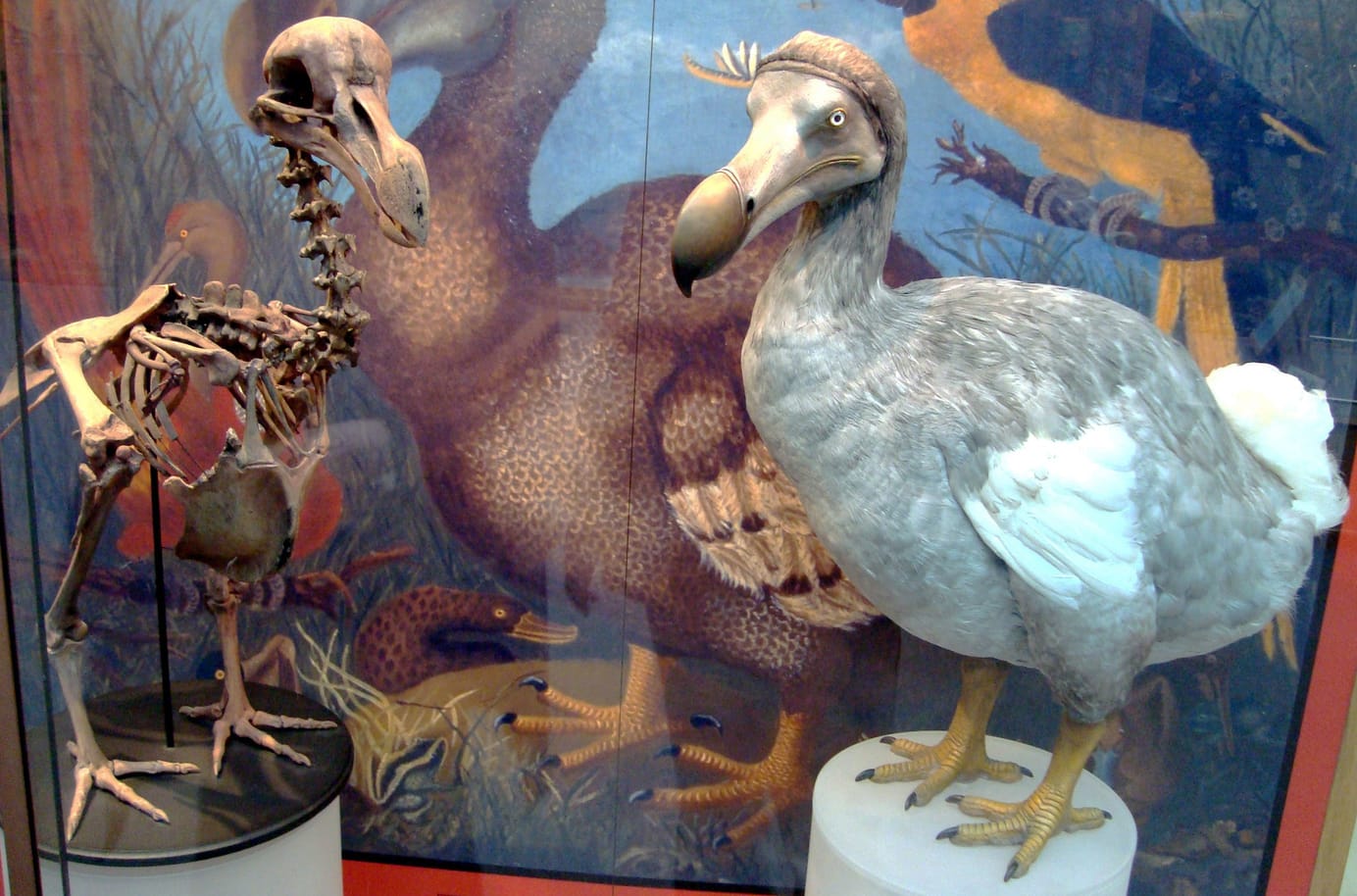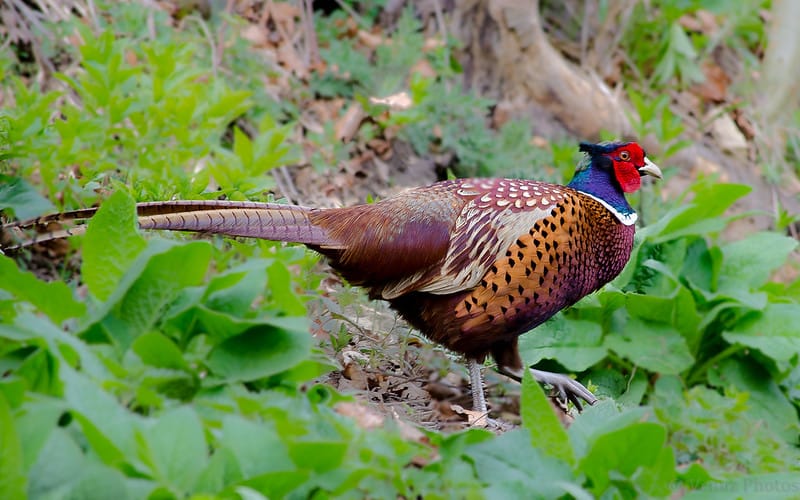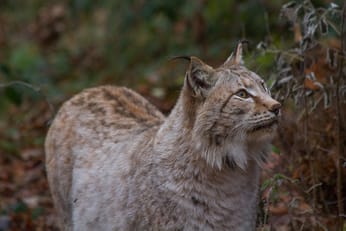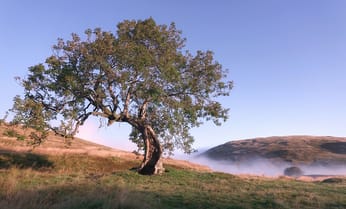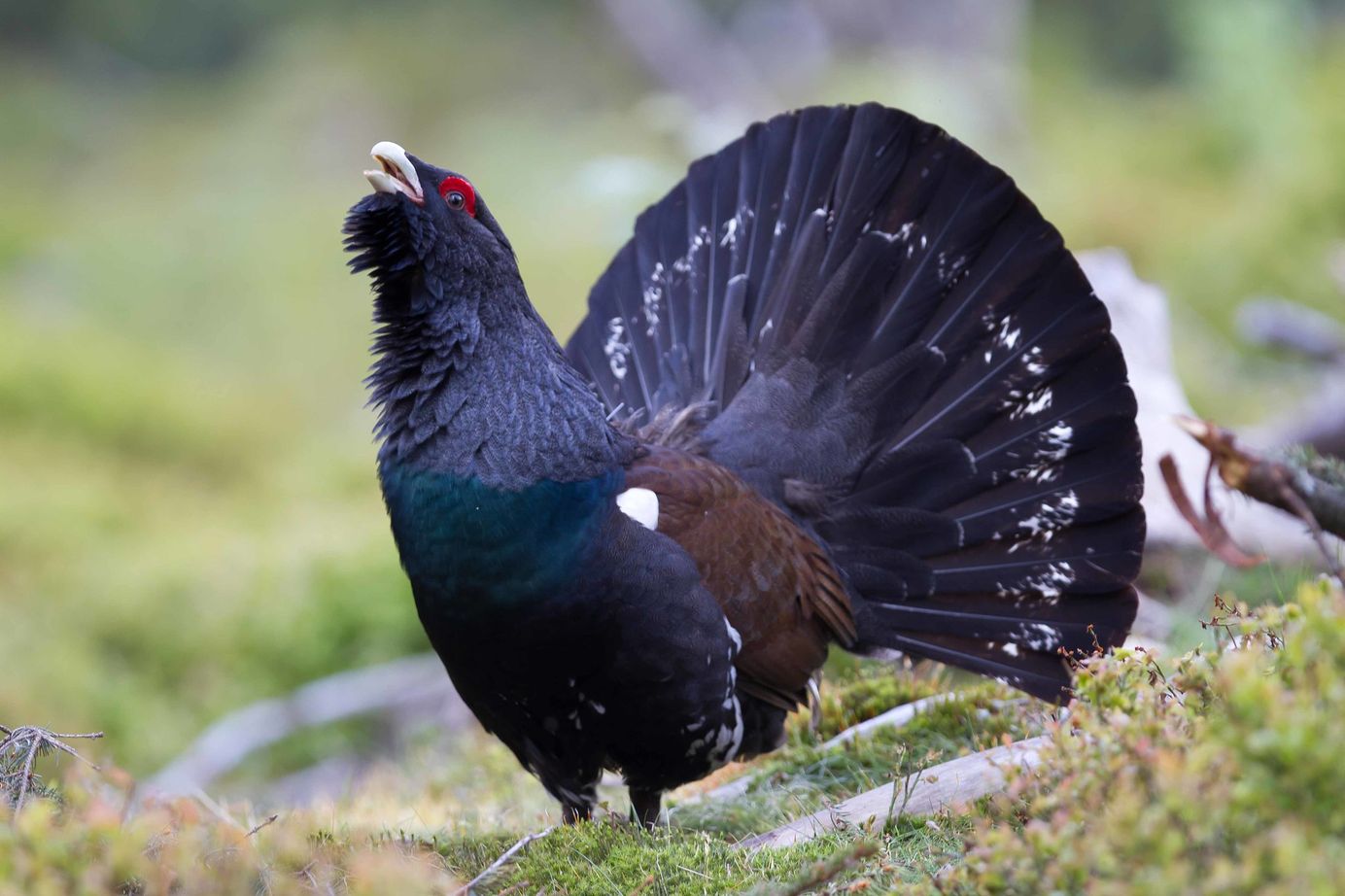
Soil Health & Capercaillie Genes
The latest news on nature and conservation in Britain.
To receive our digest of the week's nature news in your inbox every Friday, sign up here. A monthly donation helps to support our journalism.
National news
Farming | Environment Secretary George Eustice has shared further details on the government’s Agricultural Transition Plan – in particular the Sustainable Farming Incentive, which is set to be available to farmers in 2022, and will partly replace EU agricultural subsidies. In a speech, Eustice detailed some of the payments that farmers could receive under the new Environmental Land Management Scheme (ELMS); for instance, up to £70 per hectare will be available to farmers for improving the health of their soils. Eustice promised that payments would be 30% higher than they would have been under the EU’s methodology. The full details are outlined in a new policy paper; the government also set out a number of payment principles. Wildlife and Countryside Link said that the standards were a “good starting point” but that many areas still needed improvement. Farmers Weekly covered the news.
Species | Some 30 conservation NGOs have written an open letter opposing a review of the Wildlife and Countryside Act 1981, which would remove protections for a raft of UK species – meaning that they can legally be killed. The list of species protected by the Act is reviewed every five years by the Joint Nature Conservation Committee, but this year the Committee has changed the eligibility criteria: only species listed as ‘endangered’ or ‘critically endangered’ on the IUCN Red List will now qualify for protection. This means that some of the UK's most iconic species, including mountain hares, pine martens, adders, hedgehogs and red squirrels, would have their existing or potential protections removed. The Wildlife Trusts, Froglife, Freshwater Habitats Trust and the Vincent Wildlife Trust have all written blogs voicing their concerns.
Emergency | In Wales, the Senedd has declared a Nature Emergency, formally recognising the biodiversity crisis alongside climate change, reports the BBC. This came after Plaid Cymru called upon the Welsh Parliament to formally recognise the crisis. The government said it “absolutely acknowledged” there had not been enough progress to tackle the issue. It will now look to introduce legally-binding targets, similar to those designed to cut carbon emissions. The story was covered by the Shropshire Star and the National.
In other news:
- Ministers intend to make it easier to get planning permission for green roofs, reports the Daily Mail.
- Some 62% of the public support the rewilding of the Queen’s estates, reports the Times.
- The British Hedgehog Preservation Society has secured a debate in Parliament on how legal changes could help dwindling populations, reports the Shropshire Star.
- Sophie Howe, the Future Generations Commissioner for Wales, has said that the decision to suspend new road schemes was “very brave”, reports Wales Online.
- Wales’ new rural and wildlife crime ‘tsar’ says that technology will help, reports Farmers Weekly.
- Campaigners are alarmed that the new post-Brexit environment watchdog will be shielded from scrutiny, reports the Guardian.
- A report from Climate Ready Clyde warns of the impact of climate change on Glasgow, with around 140,000 of the city’s poorest residents being the worst affected, reports the Scotsman.
Across the country
Aberdeenshire | Jeremy Leggett, a solar energy entrepreneur, has bought a second Scottish estate – the 860-acre Beldorney Estate in Aberdeenshire – following his purchase of the Bunloit Estate last year, reports the Press and Journal. He said that his latest purchase offers a “blank sheet” for rewilding, and that the 15th century castle onsite will be let out to parties of eco-tourists. The Scotsman also covered the news. Separately, the Times reports that BrewDog has been evicting gamekeepers, gardeners and farmers to make way for its reforesting project, with the properties they lived in put up for sale.
Mid-Wales | The Summit to Sea project, a major rewilding project stretching from Machynlleth to Llanidloes and Aberystwyth and out into Cardigan Bay, has been inviting feedback from residents. The project initially met with fierce opposition, but project officer Siân Stacey says that it has “transformed over the last 18 months”, and that they are hoping to work with local people on the design. Cambrian News has the story.
Hampshire | The Lower Test Nature Reserve, owned by the Hampshire and Isle of Wight Wildlife Trust, has been experiencing extremely high levels of fuel oil pollution. The Trust says that they believe the pollution to be caused by historic and ongoing inputs from the industrial estate on the adjoining land, and that it is causing long-lasting damage to the habitats and species onsite. The Daily Echo covered the story.
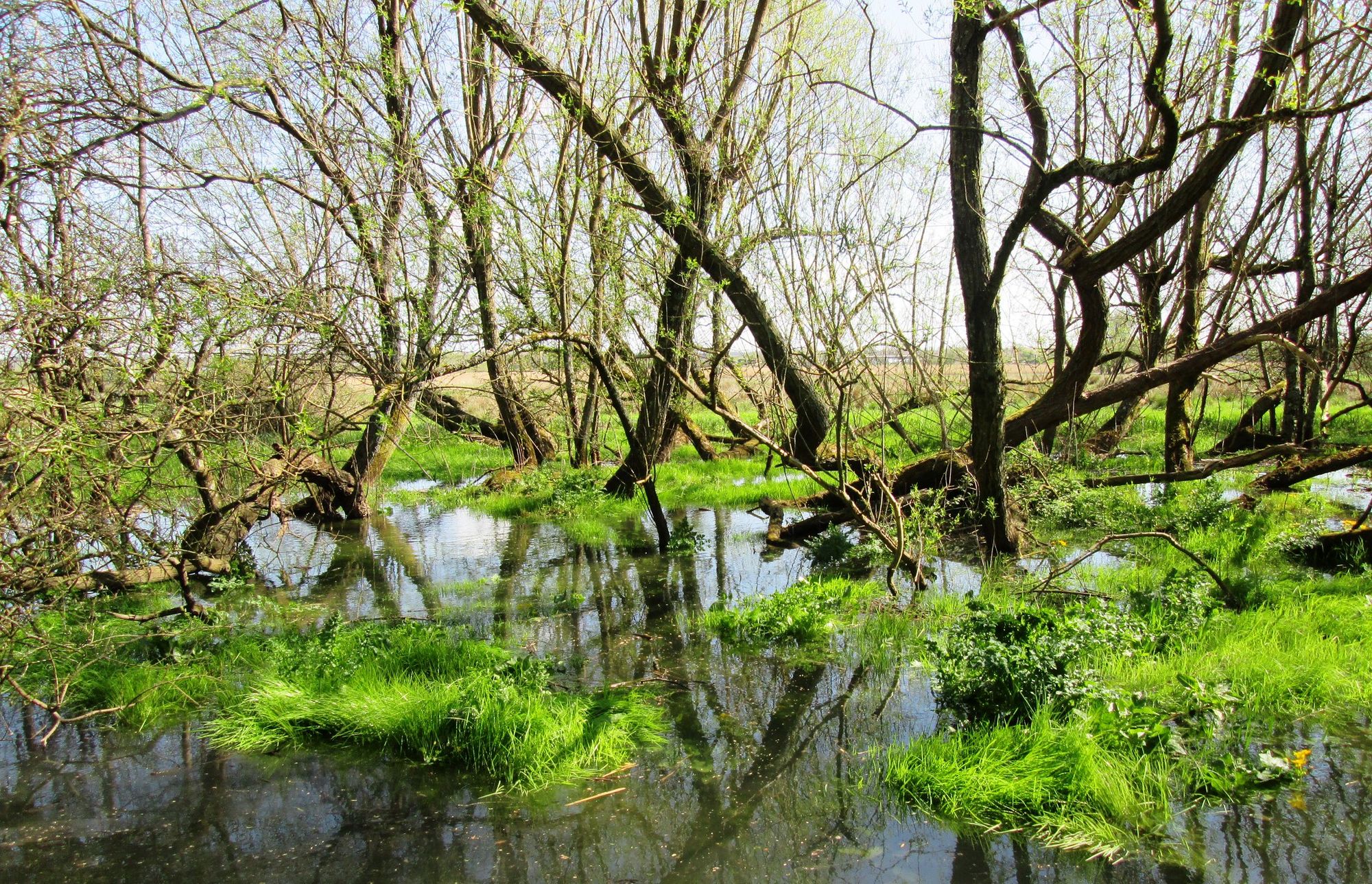
Elsewhere:
- Nearly 2,000 people have objected to plans for a major housing development in Grantham, which would destroy 67,000 trees, reports the Grantham Journal.
- Visitors are being asked to avoid Wistman’s Wood in Devon to protect the fragile habitat. Guy Shrubsole has written a blog making the case for allowing the wood to regenerate by halting overgrazing.
- An area of ancient woodland has been cut back to make way for a new property, reports Isle of Wight radio.
- Nearly 500 giant sequoia saplings have been planted in Brecon to offset carbon emissions, reports the BBC.
- Gloucestershire County Council’s tree-planting scheme has been criticised as overly ambitious, as it would involve planting 10,000 trees per day, reports Gloucestershire Live.
- White storks and water voles could be introduced to a 50-hectare nature reserve in London, reports the Evening Standard.
- Middlesbrough is getting 21 micro-forests, reports the Northern Echo. There’s a feature on the concept in the Financial Times.
- Endangered large marsh grasshoppers are returning to East Anglia’s marshes through a captive breeding project, reports the Guardian.
- Residents are concerned that plans for a new ‘five-star’ holiday park near Norwich will harm wildlife, reports the Eastern Daily Press.
- New Forest Verderers are calling for campsites to be moved to prevent conflicts between campers and animals, reports the Daily Echo.
- A Darlington councillor has gone independent, saying that she had “not fallen out of love with the Labour Party” but had “fallen in love with nature”.
- A sap-sucking insect and rust fungus will be released along the banks of the Tees to fight invasive species, reports Teesside Live.
Reports
Biodiversity | The Environment Audit Committee has published a report criticising the government’s policies, spending cuts and lack of targets regarding the biodiversity crisis at home, adding that, internationally, it spends far more on exploiting nature than conserving it. The report makes a number of recommendations, including the introduction of legally binding targets similar to climate laws, ensuring policy is joined up across government, bringing forward a ban on peat products, and reforming how biodiversity data is gathered and shared. EAC chair, the Conservative MP Philip Dunne, said that government policies and targets are too often “grandiose statements lacking teeth and devoid of effective delivery mechanisms”. The story was covered by the BBC, the Guardian and the Independent. Also this week, an RSPB report found that nature restoration in the UK could generate £6.4bn per year in public benefits, including carbon storage, recreation and improved air quality. The findings were covered by the Independent.
Woodland | The Yorkshire Dales National Park Authority has published its annual progress report on its Management Plan. The report details particular success for the Park’s woodland planting scheme: its objective to create 450 hectares of new native woodland by 2024 has already been exceeded. Chair of the National Park Management Plan Steering Group, David Sharrod, said that progress was “really encouraging” in spite of the impact of coronavirus restrictions, but that “the scale of the task ahead is absolutely huge.” The Northern Echo covered the story.
Cruise ships | A report published by the Dorset Wildlife Trust reveals the damage caused by cruise ships anchored offshore during the pandemic, when holidays were put on hold. The Trust used sonar scans to document the impacts of large vessels on seabed features and Marine Protected Areas, revealing grooves or ‘scars’ caused by anchors being dragged by tides and weather. The study found that at least one sensitive habitat, Sabellaria spinulosa reef, was significantly damaged. The findings were covered by the BBC, the Times and the Dorset Echo.
Science
Genes | Scientists at the Royal Zoological Society of Scotland have paired up with the Cairngorms Capercaillie Project for a new research project into the genetic diversity of declining capercaillie populations, reports the Herald. UK capercaillie numbers have declined by over 90% in the last half century, with estimates suggesting numbers could be as low as 700. The research partnership will analyse degraded DNA samples from collected feathers to inform future management. Dr Alexander Ball of the RZSS explained that “understanding the genetic diversity of the UK’s capercaillie population is critical for its long-term survival and resilience to threats.”
Fish | A paper published in Functional Ecology examines the advantages of warm-blooded fish, like the white shark and bluefin tuna. The study, led by researchers from Trinity College Dublin, found that warm-blooded (and often predatory) fish are able to swim faster due to their warmer muscles. The study also challenged the idea that warm-blooded fish may be able to adapt to a greater range of water temperatures – in fact, they are just as vulnerable to climate impacts as their cold-blooded relatives.
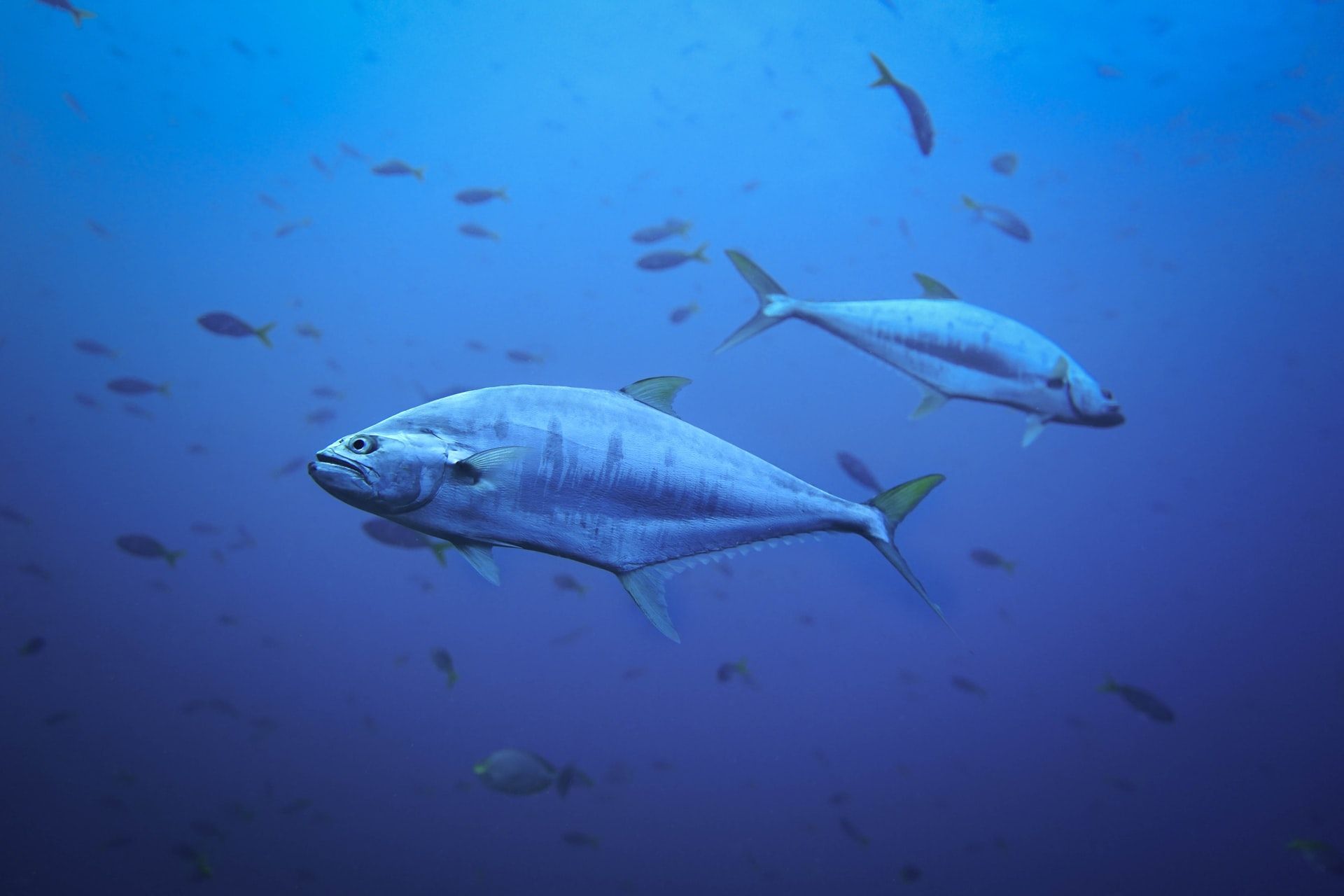
Peatland | Timber piling could help to build environmentally friendly homes on peatland, according to a research team led by Edinburgh Napier and Heriot-Watt universities. The researchers are exploring a range of construction techniques to minimise disturbance to peat, which has historically been difficult to build upon, leading to its removal. There are vast climate benefits to keeping this peat intact, but also a pressing need for new housing in the Highlands and Islands, where much of this peat occurs. Scott Dingwall of Highlands and Islands Enterprise said that the innovative project “could benefit rural economies and strengthen local communities, while protecting some of the region’s outstanding natural features”. The Scotland Herald and Northern Times featured the research.
Driftwood
History | Forestry England has published a guide to spotting signs of ancient landscapes within woodland settings, including burial mounds, some of which date back to the Bronze Age 4,000 years ago, and Iron Age hillforts. There is even a helpful video showing how to spot these human-created features when out and about.
Botany | The Royal Horticultural Society is attempting to identify a mysterious botanist, whose work they discovered tucked inside an old book – a copy of The English Flora from 1830. All they know is that she is called Isabella A Allen, but the common name means that it is difficult to track her down on genealogy websites. The Society hopes that, by discovering her identity, they can find out more about women’s contributions to botany. The BBC has a feature on this detective project.
Peat | The National Trust is working with commoners at Abergwesyn to swap sheep for cattle, which will help to preserve precious peat resources. The ground, which should be squelchy, is now dry, reports the Guardian, but less intensive grazing by mixed animals will help to restore the landscape. Electric collars – an innovation introduced at the site just this week – will help commoners to adjust their habits, by controlling the movement of the cattle. The Times also has a feature on this “no-fence technology”.
Further reading:
- Dominic Dyer looks at what a rumoured Cabinet reshuffle could mean for nature and biodiversity in the Byline Times.
- A ‘perfect’ dawn chorus recording – the best-selling wildlife recording of the 1990s – is about to be digitally released, reports the Eastern Daily Press.
- The Wildlife Trusts have written to the chair of HS2 about how it plans to achieve net-gain for biodiversity.
- The mean gender pay gap at the Forestry Commission is 6.1%, according to a new report.
- The Scottish Government has released the latest draft of a report on the future of farming and food production policy after an EIR request.
Happy days
Wolves | There are many people who dream of bringing wolves back to Britain, and a new series of photographs show what this dream would look like for real. The atmospheric images show wolfdogs – a hybrid of wolves and dogs – snarling, posing and roaming across the Isle of Skye. Their presence, however, is impermanent: the wolfdogs belong to Oli Barrington from Wiltshire, who took the dogs to Scotland on holiday.
Inkcap is 100% reader-funded. If you value independent environmental journalism, please consider supporting Inkcap by becoming a paid subscriber.
Subscribe to our newsletter
Members receive our premium weekly digest of nature news from across Britain.
Comments
Sign in or become a Inkcap Journal member to join the conversation.
Just enter your email below to get a log in link.


